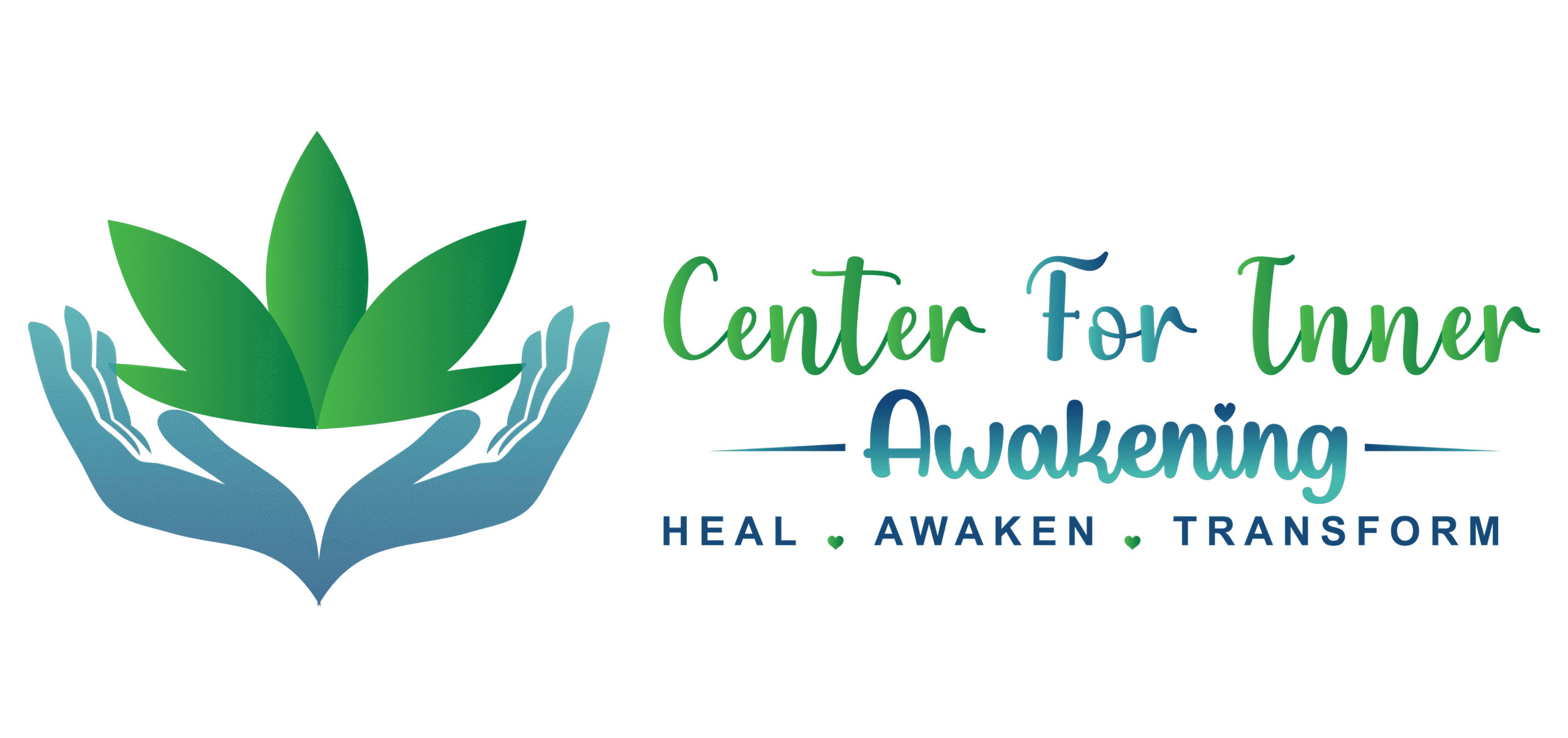Every once in a while, you wake up before your alarm goes off, the just rising sunshine slipping through your curtains, and for the briefest moment, you lose awareness of your own identity or your location. Then you remember, oh yes, you’re you. That small moment of knowledge is strangely wonderful. It is consciousness waking up, not just memory. That is the most basic, most straightforward to grasp definition of consciousness. The awareness that you exist.
But the more thought you put into it, the weirder it begins to get. Just being awake? There has to be more to consciousness than just being awake. It’s the inner movie running nonstop behind your eyes, the one that no one else can see.
Definition of Consciousness
If you were to search for the definition of consciousness, it would most likely be described the same way it is in a science book: “the condition of being conscious of and able to think about one’s own being.”
Though it is not incorrect, it somehow lacks a little warmth. To be honest, consciousness is more like the intervals between breaths. The moment you perceive yourself, and all the aspects of consciousness, recollection, reasoning, and feeling are interwoven, gently vibrating together.
Do you hear that inner voice that is now reading these words? That’s it.
The struggle of philosophers with this has been going on for ages. Scientists study brain waves while mystics practice silence. Amazingly, however, in both cases, the same mystery is being observed, albeit from different angles.
Why Consciousness Is So Hard to Pin Down
Here’s the funny part: you can study the brain all day long and still not explain why there’s a “you” inside it.
Neurons are doing their thing, chemicals are doing their thing, but how does that turn into feeling happy when a friend texts you? Or homesick when you smell your grandmother’s cooking?
That’s what researchers call “the hard problem.” The hard problem is basically the concept that you can explain how the human brain functions. Yet you still can’t explain how, or why, it feels like something meaningful to us.
You might have read about this. If you have, you’ll know that even scientists are just as clueless as you when it comes to the definition of consciousness. But, for some reason, it isn’t a bad thing. It actually almost feels freeing, like maybe the point isn’t to solve it. Maybe all we’re supposed to do is just notice it.
Different Shades of Awareness
Consciousness isn’t one solid thing; it changes throughout the day.
- Morning clarity: That moment after coffee when everything feels sharp.
- Daydream fog: When you drift into your thoughts mid-meeting.
- Meditative stillness: When the chatter fades and you just are.
- Dream state: Where your brain invents stories and you completely believe them.
Each is a slightly different flavor of awareness.
The Scientific Angle
According to researchers who have examined our brain, consciousness results from the interplay among all the various regions of the brain and the information they have processed. Every second, billions of brain cells known as neurons transmit little electrical signals back and forth. Things like your vision, your hearing, your reasoning, and even the sensations you feel depend on these signals.
You can knock someone unconscious, and they lose that “inner movie.” Wake them, and it’s back. It’s so fragile, yet constant.
Even artificial intelligence researchers use the question as a mirror: can a machine ever truly feel? Or will it always just simulate feeling?
And that’s where the definition of consciousness stretches beyond science into something deeply personal. It’s not only about neurons, it’s about meaning.
A More Personal Take
If we think about consciousness in a more personal way, consciousness might be compared to standing before the ocean. The water can be measured. The temperature of the water can be recorded. Even the depth can be mapped, but that first instant of stepping in, when the body of water feels both small and endless, captures all the essence of awareness.
It is a peaceful experience akin to the one during moments of happiness or sorrow, with the constant presence monitoring the mind’s single thoughts rushing through like the ocean’s waves.
The busy life usually makes the inner observer not so prominent, almost invisible. However, if you intentionally take a moment to slow down, the awareness will come back, soft but firm, reminding you that your presence is not just an affair of the calendar, noise, or the never-ending list of duties.
Exploring Awareness Through Practice
Here’s the fun part: you can actually play with consciousness.
You can meditate, you can journal, you can even go on a long walk, and doing things like this can change how you experience your consciousness. When you watch your thoughts instead of getting swept away, everything softens.
If you’re curious, there are amazing books on consciousness, from neuroscience reads to the poetic musings of Alan Watts or Ram Dass. They all circle the same mystery from different sides. None gives final answers, but they make you wonder in the best way. You can also take part in one of those conscious classes
Is Consciousness Only Human?
Dogs can dream. Octopuses can solve puzzles. Dolphins can recognize themselves in mirrors. Insane, right?
Knowing this really makes you wonder if they also have emotions, curiosity, and fear; maybe they also, just like us humans, have their own flicker of awareness. If we continue to think with that same concept, then maybe consciousness isn’t an exclusive club; maybe it’s more like a spectrum running through life itself.
When you think about it that way, the simple act of walking on grass or hearing a bird sing feels much different; instead of separation, you start to sense a connection to the rest of the beings in this world.
Why It Matters
Understanding the definition of consciousness isn’t just something that the philosophers do; anyone who wants to feel more alive should look into it.
Once you notice that you are actually aware, you start to notice just how unaware you are most of the time. You realize that you’ve spent most of your life on autopilot, scrolling and mindlessly reacting, and then repeating.
Becoming more aware can change everything. From the way you talk to the way you live your life.
Conclusion
Perhaps the definition of consciousness isn’t really a thing. Maybe consciousness isn’t something that you can define. It’s just something for you to experience, every time you stop, breathe, and feel yourself existing.
It’s not a riddle that you must solve, but instead just the reality of our existence.
It’s the awareness behind your eyes. It’s the voice in your head. It’s the silence between your thoughts.



